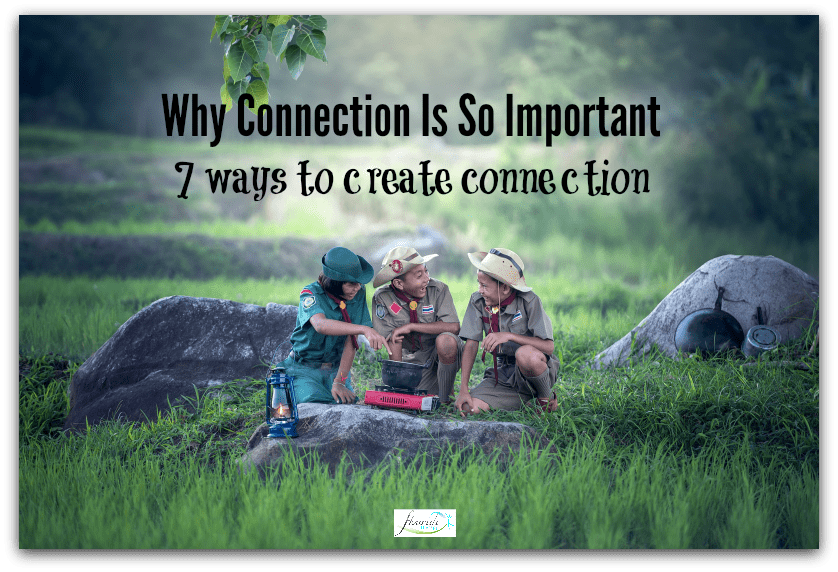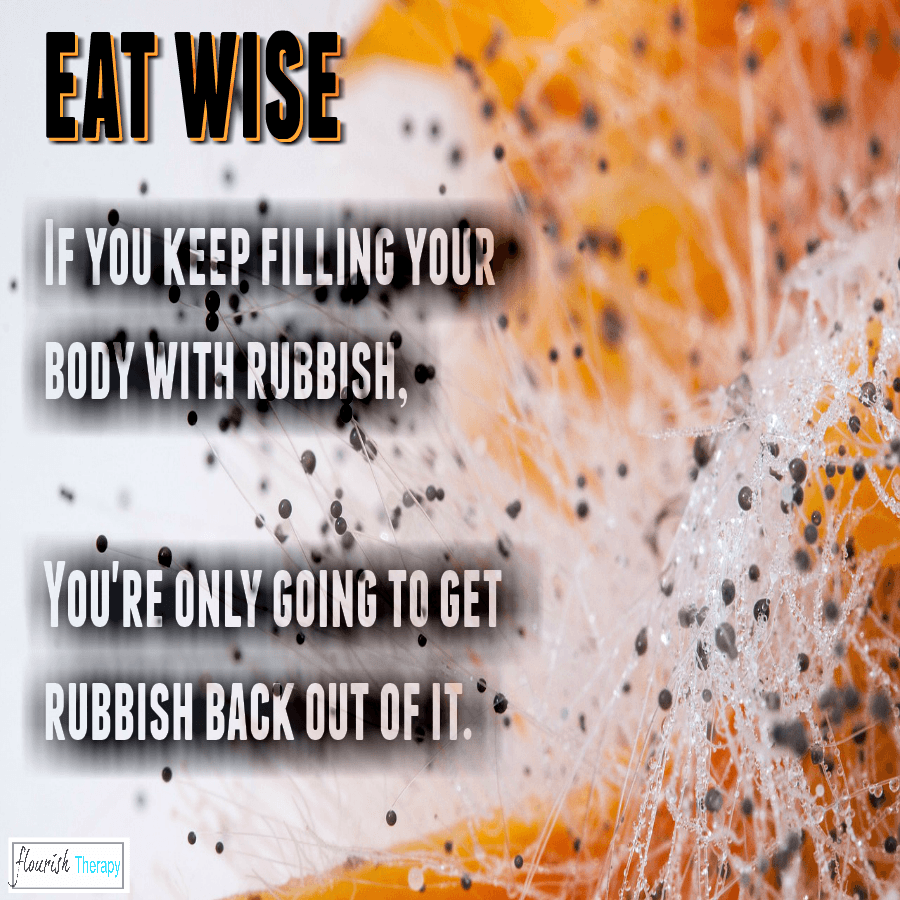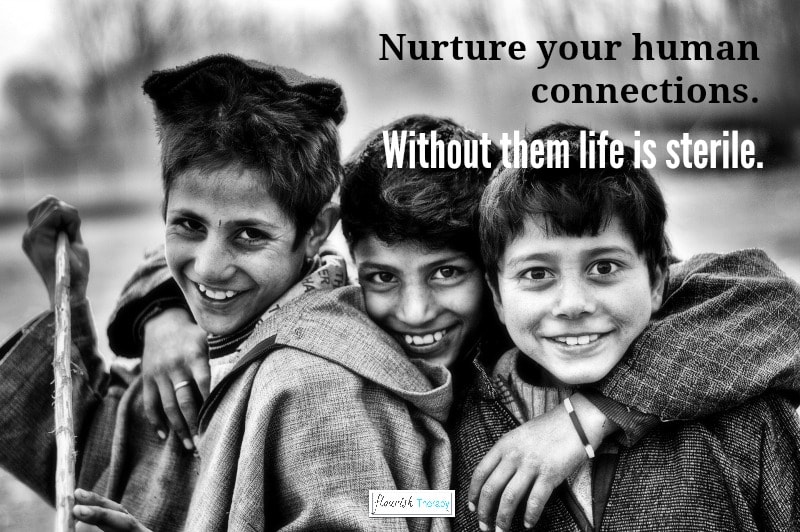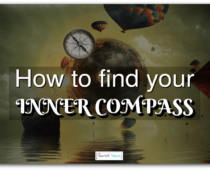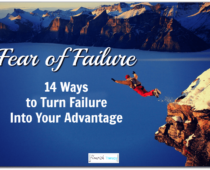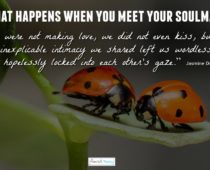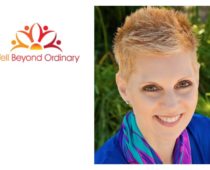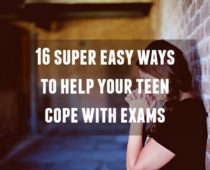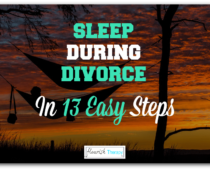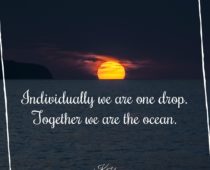Why connection is so important: 7 ways to create connection
Why Connection Is So Important: 7 Ways To Create Connection
Connection is vital to our development. Importantly, connection can help saves lives. A recent study states that loneliness can increase the risk of death by a whopping 26%.
Loneliness can increase the risk of death by a whopping 26%. Click To TweetOn my Flourish and Thrive radio show I recently interviewed Nicolas Laborie, a world-renowned photographer. Nicolas has wonderful insights into life and how we can live our best lives possible. I asked him what resource he would recommend that our listeners develop within themselves. He said that connection is of utmost importance to him, and he’s right. As human beings, we need to connect with other humans. In essence, we are innately social creatures and need a sense of belonging to ensure that we survive well. Protection is found within the group as well as empathy, love and trust. Without these values we are barren. Furthermore, connection with others helps to give our lives a sense of purpose, direction and meaning.
Lack of connection can lead to mental health issues
When we are born, the human brain is only partially formed. Consequently, secure early bonding is essential to the healthy development of the baby. A baby who has received the nurture and connection it instinctively requires from its caregivers will stand a much greater chance of growing up with an evolved and healthy sense of self-esteem. The earliest experiences of a newborn baby will shape the development and growth of that baby through childhood and on into adulthood. Anxiety, depression, substance abuse and mental health issues often find their roots in undernourishment, caused by lack of connection of the baby during its early and formative years.
Babies die without connection
A growing body of evidence now points to the importance of touch and connection in child development. When a baby is hungry, has a dirty nappy, is cold or hot it will cry. It’s feeling uncomfortable, although at this early stage the baby will not be able to classify why it’s uncomfortable. Simply that it is. The baby will cry as a result, yet when the baby isn’t tended, it will eventually fall asleep. Only to wake up and repeat the pattern of crying. Consequently, the baby will experience rising levels of stress hormones which damages the immune system. The baby is yearning connection that it isn’t receiving.
A baby who receives no loving connection can even die because of their deprivation. When the baby receives little or no stimulation they fall below the threshold to stimulate the production of growth hormone and the immune system. As a consequence, the baby’s body will begin to shut down. A baby’s trust begins to develop when a secure connection is formed between its caregiver and itself. Vitally, this bond of trust is essential for the child to stand a chance of becoming a secure adult, capable of feeling worthy and lovable.
Physical versus emotional pain
When you look back upon your life, what are the moments which caused you the greatest pain? They are rarely the moments of physical pain, rather the moments when connection with a loved one or group of people is damaged or severed. How many of us mould our lives to make sure we stay within the acceptable boundaries of the social group we find ourselves part of? How much pain does it cause you when you think that someone dislikes something you did or said? Even when you know you didn’t mean to upset that person?
It's often moments when connection with a loved one is damaged or severed that cause us the greatest pain. Click To TweetAcceptance within the group is key to our sense of wellbeing. Years ago it was key to our survival. When we feel loved, appreciated and supported we have connection to thank for it. Scientist, Matthew Lieberman, in his book, Social, looks at the importance of social connection in our lives. By using frontal magnetic resonance imaging, he is able to show that social pain and pleasure are just as important to us as physical pain and pleasure.
Appreciation = connection = happiness
A good friend of mine runs an insurance company and makes a point of giving each of his colleagues a flower on a Friday. His flowers are his way of saying a special thank you to them for their work that week. He encourages an atmosphere of growth by encouraging his workers to speak up when they have problems. Consequently, he can help resolve the issue or provide them with the environment to support them when necessary. As a result, he has the happiest workforce I’ve come across. They work as a team, like a large family. Each and every one of his colleagues enjoys a sense of connection within the workplace. Consequently, they are happy, work well and support each other.
It’s examples like this that help to show that employees are not just incentivized by pay, rather the environment of security and connection in which they work. What’s more is that he is incentivized to foster such a productive environment because he loves working there. He has provided a safe environment where connection reigns and employees can flourish.
Face to face connection
The digital world we live in risks social isolation as we bury ourselves within text messaging and social media. What’s more while we are making connections with people digitally, we are not connecting on a human level. It’s the physical hand shake, eye to eye contact, reciprocal response of body language that is necessary for us to create a meaningful connection. Otherwise we risk confining ourselves to a sterile and lonely box with only peripheral, digital connections to break up the monotony of our day to day existence.
It’s the physical hand shake, eye to eye contact, reciprocal response of body language that is necessary for us to create a meaningful connection. Click To TweetClearly, some of us enjoy a fairly isolated life and are content with minimal social contact, yet enjoying the company of a few good friends occasionally. Others may enjoy regular social contact, yet still feel lonely. So, it’s important to remember that being alone in itself is not necessarily the only factor which needs to be accounted for when discussing lack of social connection.
So, what can we do to enhance our sense of connection? Here are 7 strategies you can use to help provide you with an enhanced sense of connection:
1. Connection requires effort
When we hide behind social media or constantly rely on texting to “speak” to people, we are denying ourselves human connection. Sometimes it may feel as though it’s an effort to arrange to meet someone face to face. You generally need to tidy yourself up, travel to meet them and it might cost a little money to make it happen. But the rewards of meeting up face to face generally far outweigh any costs. Meeting up with friends, colleagues and loved ones stimulates the reward centre of the brain which helps to boost your immunity and help you feel happier. Give it a go. While you may huff and puff at the perceived effort of meeting up, you’ll feel great as a result of doing it. What’s more, you’ll be making whoever you meet up with feel great too.
2. Become friends with ALL your emotions
We can disconnect from our emotions which cause us discomfort. We tend to ignore difficult emotions and suppress them by adopting behaviours that also don’t serve us well, but mask the emotion that’s bothering us. By doing this we tend to overeat or starve ourselves, resort to alcohol or drugs. We may waste too much time in front of the television, we may over exercise, all in a bid to mask the emotion we’re trying to avoid.
We have a tendency to turn an unpleasant emotion into a catalyst for dysfunctional behaviour that risks seeping into all aspects of our lives. What I advise my clients to do in similar cases is to learn to befriend their emotions … all of them. An emotion is a name we give a chemical combination in our body. The important thing to remember is that the chemicals in our bodies are giving us a clue that something needs to change.
So, I encourage my clients to learn to identify their various emotions so that they can decipher what the emotion means to them individually. Once you know what your emotion is, you can then take steps to work out why you’re feeling it. When you’ve worked out why you’re feeling it, you can take steps to change your behaviour or your perception of the situation.
Once you’ve identified the emotion, just sit with it. It may be uncomfortable, but just let it pass. Often, we exaggerate our perception of what dealing with the emotion will feel like. It’s just an emotion, so treat it as such. Use it as a signal to make the necessary changes.
3. Embrace the silence
Often, we have the radio on, the music playing, the television going on in the background. Or we might be surrounded by the buzz of a busy office, restaurant or pub. Our bodies aren’t designed to be continually bombarded by noise. It creates stress within us and we release stress hormones which reduce our immunity and age us prematurely. Learn to sit with the silence. Sitting with silence is a detox for the brain. Instead of resisting it, choose to embrace it and use it as time out for recuperation.
Consider the art of meditation to not only embrace the silence, but open your mind to the cathedral of empty space. If a thought comes to you, just let it go. Let it pass through and then embrace the void again. You will find your motivation is improved, you’ll have enhanced clarity of your goals and you will feel much more relaxed and at peace.
4. Connection of body and mind
By following the three strategies above, you will be helping your mind achieve peace and good health. However, the mind and body are not separate entities. When your body is healthy and feeling good, it will enhance your sense of self-esteem and confidence in your ability to be the best you possible. We are designed to move. We tend to live over-sedentary lives, particularly in the western world. As a result we have epidemic rates of diabetes II, obesity, cancer and heart disease.
Many of these diseases can be prevented by eating healthily and exercising. If you’re overweight, you need to lose it. There is no magic wand that’s going to help. It’s down to you to do the work and take responsibility for what you eat and drink. We regard diets as deprivation, but when you eat well, you don’t feel deprived. Why not? Because the food you are eating is nutritious and nutritious food will keep you feeling full for longer.
Healthy food = healthy body and mind
Lack of education can be a major problem in weight management. If you don’t understand what is healthy food and what is unhealthy food, then research it. Ask Google, invest in some books and make the effort to inform yourself. You are what you eat. If you want to be healthy, you need to eat healthy food. If you have trouble doing so, reach out to a slimming group or speak to a therapist who can advise you and help give you motivation to make the necessary changes. Ultimately it comes down to you making the effort to make the changes. You might not like to read those words, but nobody else can do it for you. There’s no time like the present to make the changes that can not only enhance your life, but positively affect the lives of those who rely on you too.
5. Contribute
There are few things in life more rewarding than contributing. Whether it’s voluntary work, helping a neighbour, actively supporting a charity, caring for a relative … When you give a bit of you for free, with love in your heart, you become a more whole individual. We are all faced with the dilemma of never having enough time to do everything we need to do. In reality, some things are going to slip. What’s important is to work out what is the PRIORITY?
What actions can you take today to make a difference? Not necessarily in your life, but in someone else’s? How can you extend the hand of love to someone else to help them without it becoming an unbearable cost to you? The days I spend volunteering in hospice far outweigh the time it takes out of my schedule. They give me a sense of purpose. Hospice is one of the best things that has happened to me in my life. It makes me feel rich beyond measure.
6. Get outdoors
We are designed to be outdoors. Scientists in Japan have been leading studies which prove that walking in nature stimulates the immune system’s natural killer cells. Natural killer cells absorb phytoncides (essential wood oils) through the mucous membranes and skin which are given off by plants and trees.
As well as boosting our immunity, walking in nature reduces our levels of stress. Click To TweetPhytoncides help to protect the plants and trees from pests and disease. They also boost our immune systems. Phytoncides have such a beneficial impact on the human immune system that they augment natural killer cells up to a period of 7 days after exposure to forest air. Furthermore the presence of stress hormones tested in urine was lower than before walking in nature. This means that as well as boosting our immunity, walking in nature reduces our levels of stress.
Get your UV dose
UV light, ultraviolet light, makes vitamin D which is commonly regarded as the sunshine vitamin. It deserves its credentials. We have evolved as a species to require vitamin D to maintain good health and balance within the body. Consequently, it has formed a vital part of our evolution in creating our skeletons enabling our early life forms to leave the waters of the planet and to move on to land.
Vitamin D receptors are found in most cells and tissues of the body. It is for this reason that vitamin D has such a wide range of therapeutic benefits. It is now thought that more than 50% of the world’s population is at risk of vitamin D deficiency. Nature requires us to live a healthy, balanced life, taking regular exercise and spending regular time outdoors. When you’re fit and healthy you will have the confidence to forge new connections and also be at peace with yourself.
7. Choose the right choice
Finally, know that you’re not alone. We all face the same self-critical gremlins. Even the most “confident” individual will have them lurking beneath the surface. We will all face trials and tribulations, tragedies and successes throughout our lives. That’s what it is to be human. We always have a choice as to how we let each trial and tribulation affect us. We might not be able to control the event, but we can most certainly influence how we respond to it. Connection provides a stable and secure foundation upon which we can make healthy and functional choices.
None of us are ever in complete control of the influences in our lives. Once we begin to understand that fact, it frees us to live our lives in such a way as to make the most of what we have. To love, to contribute and to make the most out of what it means to be human: to thrive on connection.
Nurture your human connections. Without them life is sterile. Click To TweetNurture your human connections. Without them life is sterile.

